IDH’s Climate-Smart Agriculture Program in Maharashtra, India addresses smallholder vulnerability to climate change through public/private action. The program builds hard as well as soft resilience within communities to accelerate:
- Economic prosperity – improving yields, increase in farmers taking up a second crop and connecting to markets
- Environmental protection – improved soil health and restoration
- Social impact – enhancing nutritional security through kitchen gardens, securing water for domestic use, and increasing community stewardship
At the field level, the project implemented by Watershed Organization Trust in Maharashtra scaled from four to thirty-seven villages, engaging 6,300 farmers through an integrated, participatory, and gender-inclusive approach of agro-meteorological advisory services, training on good agricultural practices, and community-based watershed management.
Project location: Jalna, Maharashtra
Securing Smallholder Livelihoods in Rainfed Maharashtra
A case study on de-risking farmer's livelihood from the impact of climate change in Maharashtra through coordinated solutions promoting water security and integrated livelihood opportunities.
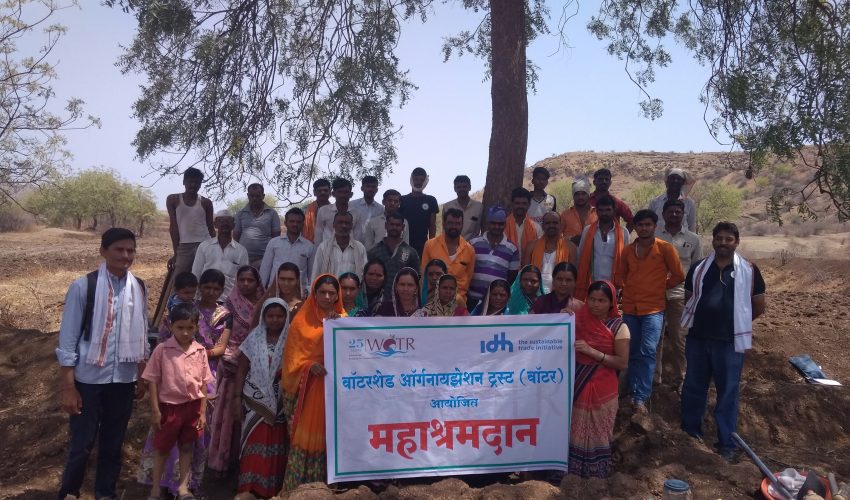
In Jalna, Maharashtra, 85% of the geographical area is under agricultural use, with over 40% of cultivable land under cotton cultivation; however, agricultural productivity in the region has been in decline. Recent changes in climate conditions have led to increased temperatures, erratic rainfall, and made the region severely drought-prone, with rainfall recorded as low as 400-450mm annually. With only 8% of the region under irrigation, smallholder farmers face high water scarcity – just 15% of farmers take up a second crop, leading to low production and income. Farmers in this region typically have a yield of 400kg/Ha, compared to 500-700 kg/Ha in other states.

IDH has partnered with Watershed Organisation Trust (WOTR) to create access to water in 30 villages in Ambad block in Jalna, impacting 6300 farmers. The intervention works toward improving three key areas: access to water, building self-reliant governance in villages in terms of water management, and increasing smallholders’ resilience to climate change (through increased productivity leading to improvement in income).
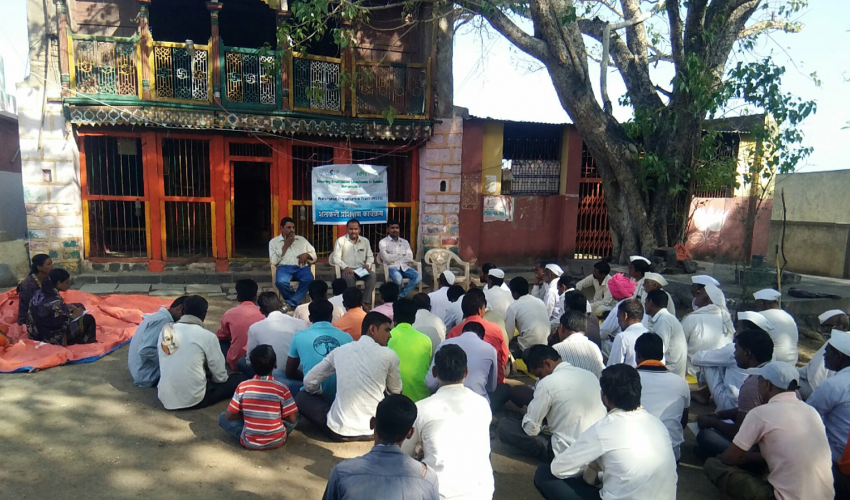
To improve access to water, WOTR set up check dams and micro-irrigation devices (water absorption trenches, water impounding, and harvesting structures) to conserve rainfall. To invest the community in water management, we conducted water budgeting trainings, and instructed the communities on how to measure groundwater levels. Farmers also received supplementary trainings on good agricultural practices and hyper-local agro-met advisories to inform farm activities, reducing the cost of production, and improving productivity.
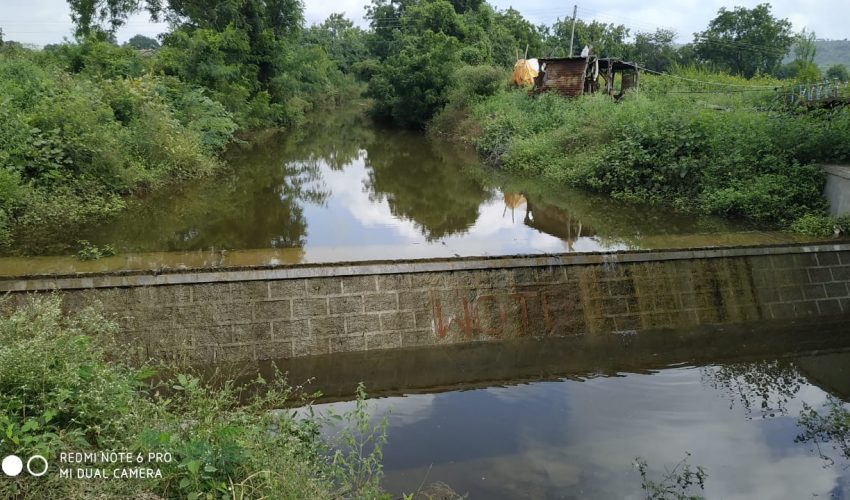
Since inception, the program has seen a high level of community contribution towards watershed development work (creating wage employment of over 75000 man-days) and delivering on results that exceeded set targets for 2019. The region has seen an increase in watershed infrastructure facilities (check dams, micro-irrigation devices), resulting in a 9% increase in access to water so far. Farmers have reported a 20% reduction in the cost of production, and over one-third of farmers have taken up a second crop.
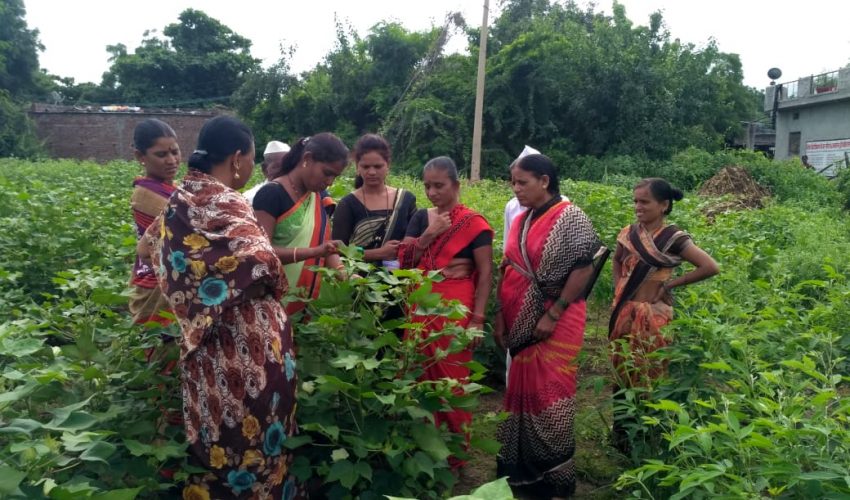
Gender sensitization training and analysis were conducted in all villages, resulting in an unprecedented 2:3 female-male ratio in the para agronomist recruitment, and increased involvement of women in GAP trainings as well as water management and governance at community levels.
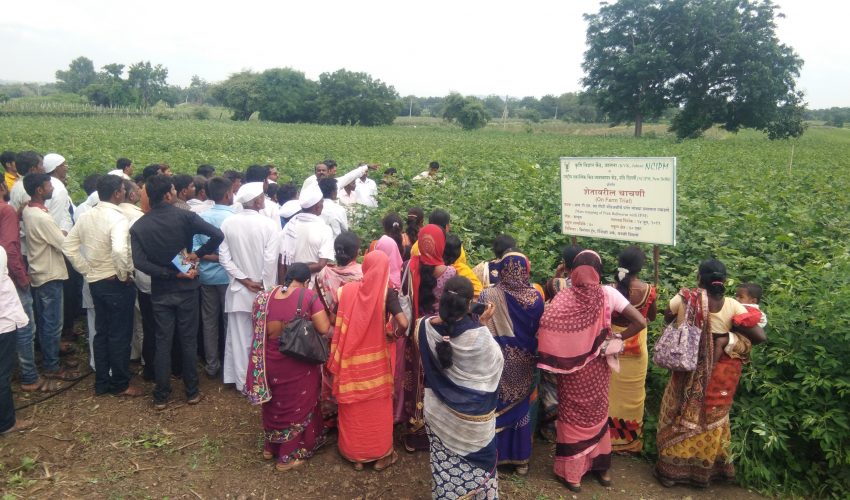
Going forward, IDH will continue watershed development and farmer trainings in Ambad with WOTR to promote accelerated improvement in smallholder farmers’ livelihood through improvement in access to water and hopes to expand its impact to other blocks in the Jalna district with the support of private sector funding.








